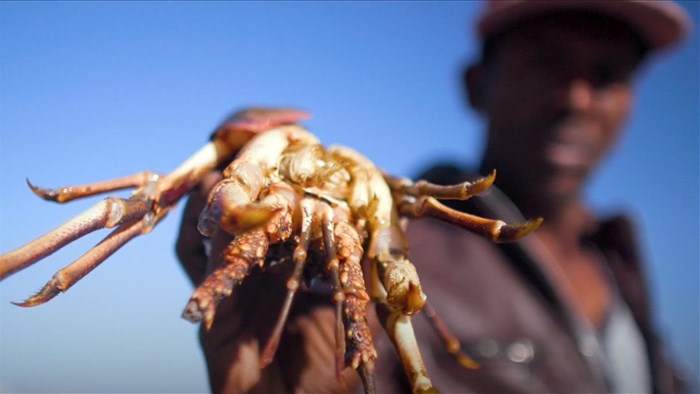






Raemaekers says that at the heart of the issue is the extensive, unsustainable level of illegal, unreported and unregulated West Coast Rock Lobster fishing. This is contributing to a dire situation for the legitimate small-scale fishers scrabbling to make a living and keep food on their families’ tables.
Ahead of the 2021/22 season, the Department of Environment, Forestry & Fisheries lowered the Total Allowable Catch (TAC) and set individual quotas for rock lobster for most small-scale fishers at just 35kg, down from 87kg in the previous season.
"The reduced quota is intended to address the overfished resource and ungovernable illegal trade, but at the same time leaves little hope on the horizon for the numerous small-scale fishing communities that rely on fishery for their livelihood," says Raemaekers.
He says that urgent steps need to be taken to work alongside the various fisher communities to address the penetration of organised crime into their fishery. These include the misreporting of catches at the point of landing, recognition of legal catches and transparent supply chains, and a reduction of reliance on the lobster fishery in support of species that are more abundant.
"Small-scale lobster fishers are caught in a vicious circle: they are painfully aware their resource is shrinking but the lucrative market for lobster remains, unlike that for other species, which command lower prices."

Abalobi has worked alongside local fisher communities to co-develop technology that connects fisherfolk directly with the consumer market. It enables fully traceable, premium quality, local seafood harvested responsibly using low-impact fishing methods to be supplied directly to Chefs and Home Cooks via a fair and transparent digital marketplace.
Consumers purchasing fish on the platform are guaranteed a diverse and seasonal basket of species celebrating and honouring what the sea has to offer. This often includes many lesser-known species that are undervalued, but rich in flavour.
Raemaekers says that South African consumer pressure will go a long way to help force out the illegal trade and contribute to the overall rebuilding of the resource and the fishery, with small-scale fishers at the helm. "Supporting our local, small-scale fishers is just another step in the bigger drive to support small, family-owned South African business - especially in the pandemic-driven economic reality in which we all are currently operating."